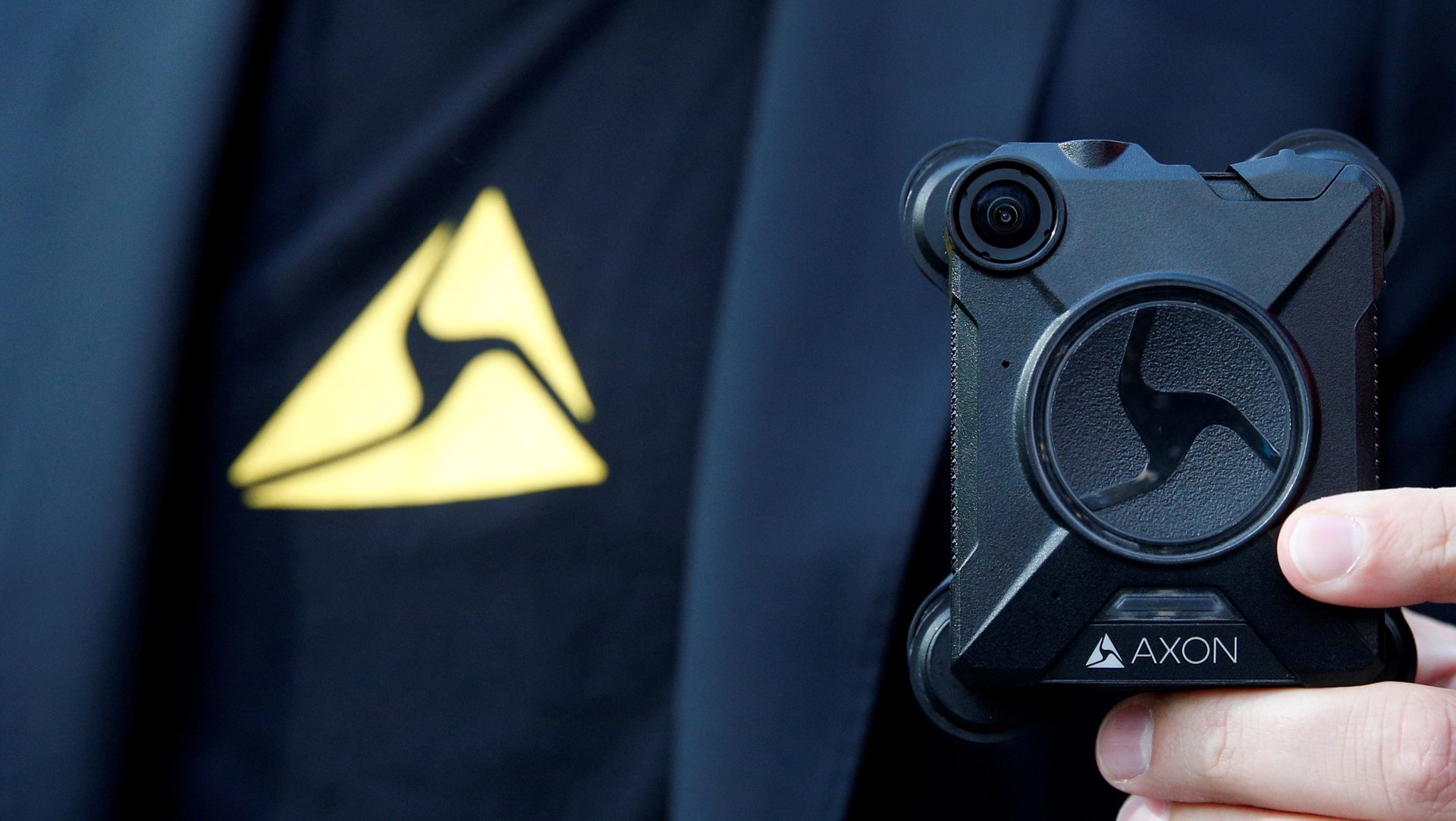Axon, the maker of police body cams, won’t pursue facial recognition as a business
Axon, the maker of body cameras used by many US police agencies, announced Thursday (June 27) that it is choosing not to turn facial recognition technology into a business, on recommendation of an ethics board of policing experts.


Axon, the maker of body cameras used by many US police agencies, announced Thursday (June 27) that it is choosing not to turn facial recognition technology into a business, on recommendation of an ethics board of policing experts.
“Face recognition technology is not currently reliable enough to ethically justify its use on body-worn cameras,” the ethics board said in its report.
Axon’s decision is a major step in the world of policing and surveillance. It’s also an important example for the rest of the technology industry grappling with the ethical quandaries of developing new AI-driven software that considers its potential negative consequences. The decision was first reported by The New York Times.
In May, Axon’s CEO Rick Smith told Quartz that it had the “opportunity to do this the right way,” when developing facial recognition products. Smith also pointed out that other companies, like Motorola, already sell facial recognition to law enforcement. “We have paused and said, ‘Let’s hold until we understand how we do this.'” Smith said at the time.
The board, which includes academics like Barry Friedman, founder of New York University School of Law’s Policing Project, says that even state-of-the-art face recognition technology is not reliable enough to sell. The problem is that even if the technology were deemed 99% “accurate,” real-world conditions make that statistic moot: a body camera on a police officer moves around, the lighting conditions and viewpoint can vary significantly.
And the fundamental issue is that the technology does not work the same way for everyone.
“The truth is that current technology does not perform as well on people of color compared to whites, on women compared to men, or young people compared to older people, to name a few disparities,” the report states. “Policing today already exhibits all manner of disparities (particularly racial). In this undeniable context, adding a tool that will exacerbate this disparity would be unacceptable.”
Axon—which is also the maker of Taser stun guns—said it will continue researching facial recognition technology however, and that it will keep the board informed of its progress.
“We believe it is critical for technology leaders to work hard to understand the ethical, legal, and community implications for new technologies that are too new to be effectively covered by existing law,” the company said.
As The New York Times points out, it is still possible for police agencies to download footage from Axon cameras and feed it through facial recognition software from another company, like Amazon’s Rekognition program—which experts have also called on the company to stop selling to law enforcement.
While some police agencies have adopted the technology, San Francisco recently became the first US city to ban its use.